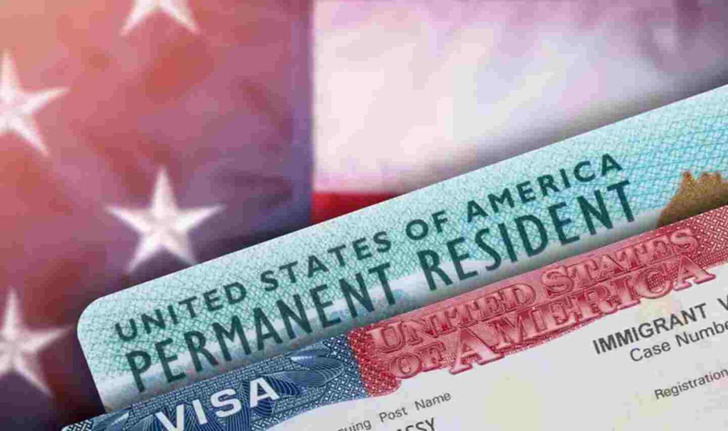The employment-based US Green Card backlog, especially for Indian applicants, has reached a critical point, with an estimated waiting period of 134 years. This backlog encompasses more than 1.8 million cases, significantly impacting the prospects of 134,000 Indian children.
At present, a staggering 1.07 million Indians find themselves ensnared in the backlog, patiently waiting for processing within the EB-2 and EB-3 categories, enduring an estimated wait time of an astounding 134 years.

US backlogs of Green Card Effects Indians & Tech Giants
The broken system places the heaviest burden on the 1.1 million Indian cases within the backlog. New applicants from India will essentially face a lifelong wait, and tragically, over 400,000 individuals will pass away before they can obtain a green card.
The extensive waiting period primarily stems from an annual quota that has remained unchanged since 1990 and per-country limits put in place decades before the technology boom propelled India to become the leading source of employment-based green card applicants.
The backlog problem has given rise to conflicting bills in Congress and has caused rifts within the immigrant community, leading to accusations of racism and self-centeredness. This scenario has exposed a deep-seated doubt about the feasibility of achieving any kind of immigration reform in a highly polarized nation. At the heart of the debate lies the question of whether it is better to pursue a quick remedy to alleviate wait times for those currently in the backlog or to embark on a comprehensive immigration overhaul that could provide more opportunities for workers to attain permanent residency, address country-specific quotas, and expand the total number of available green cards.
Business leaders are advocating for a swift resolution to the issue, expressing concerns that a congressional deadlock, which entails taking no action, might lead to the departure of Indian workers from the United States and prompt others to explore more straightforward routes to attaining citizenship in different countries.













